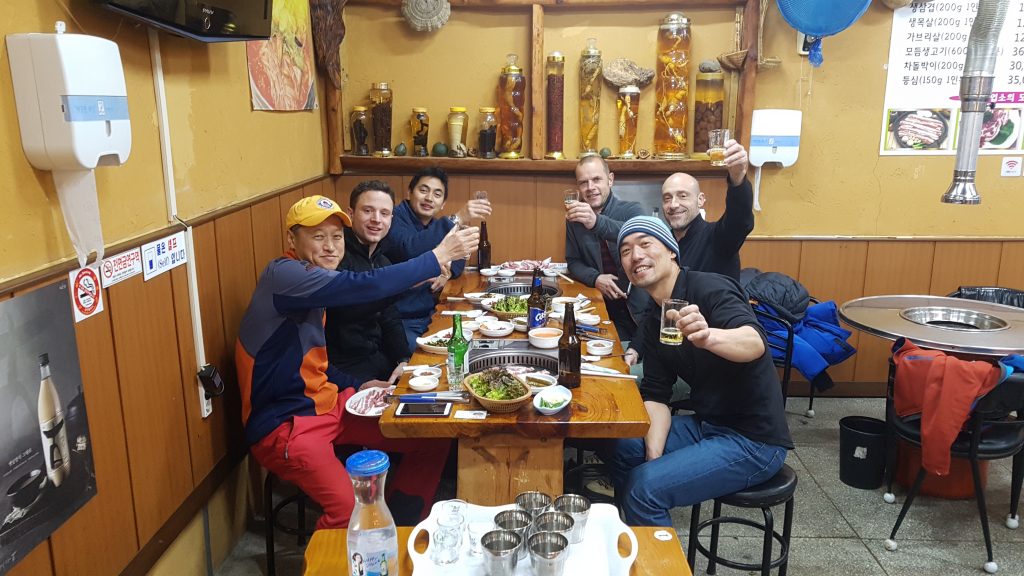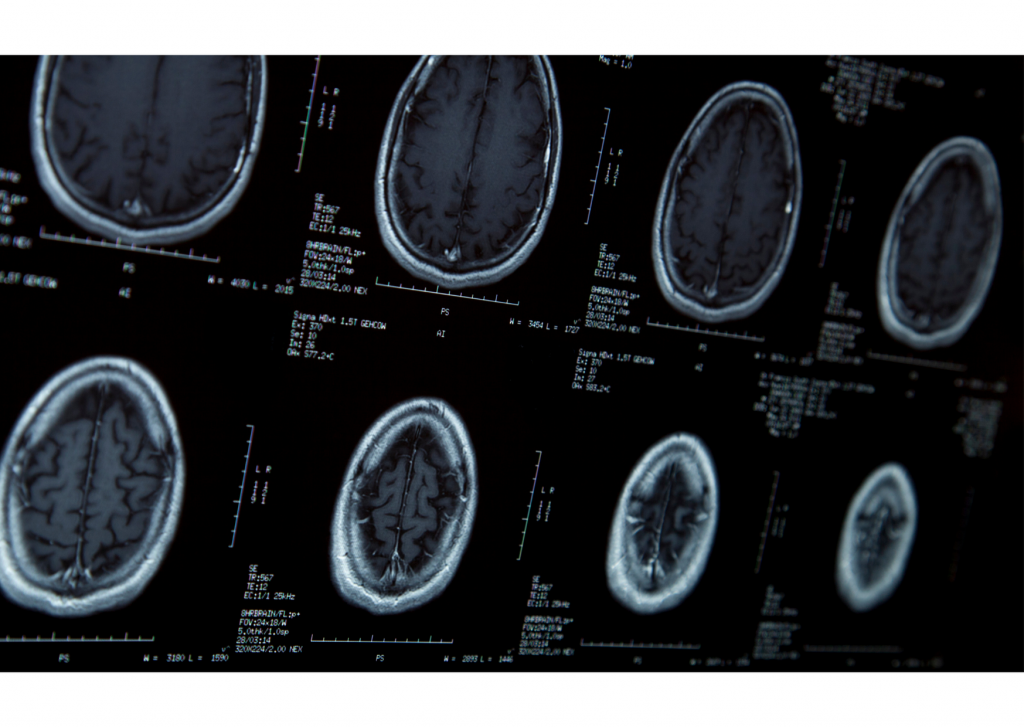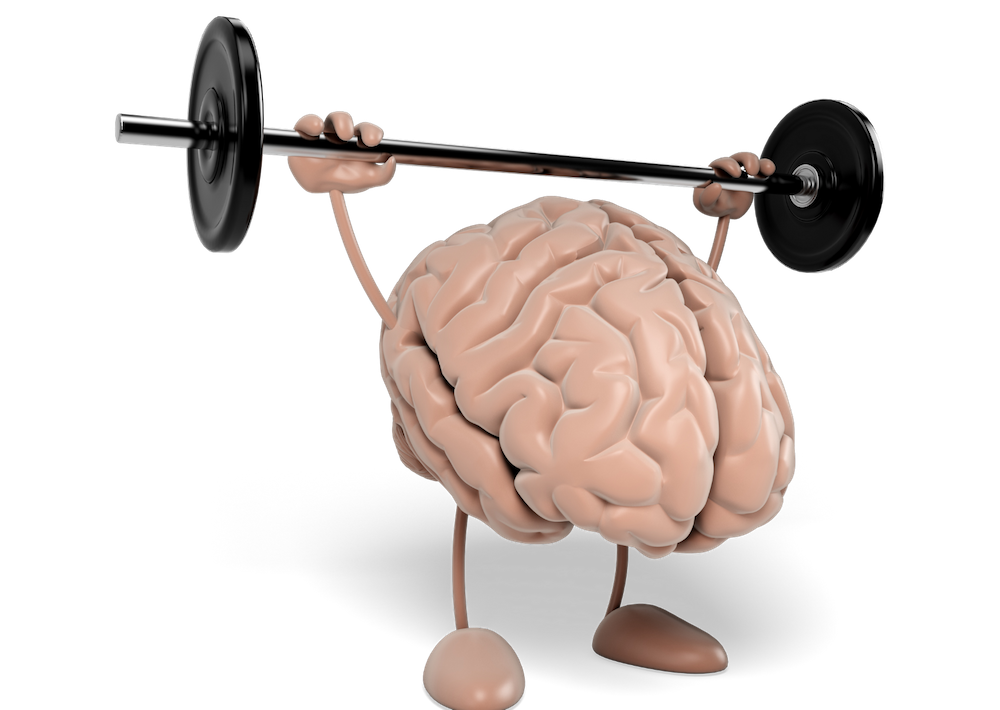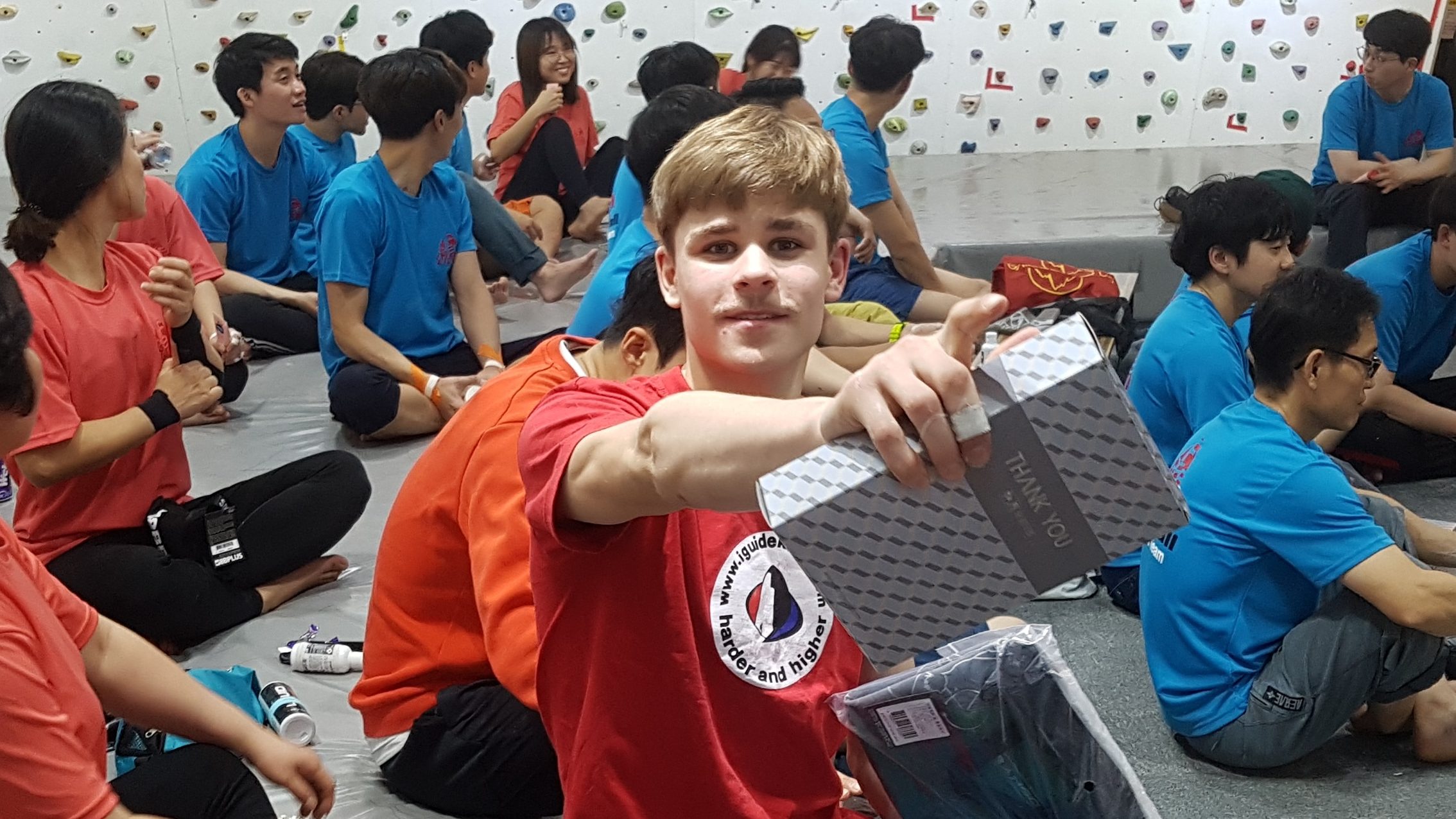You’ve probably heard it before: “You should learn Korean.” And while the words can sting, you probably know it’s true that you should. You know that there is more independence, and so many more benefits to learning the native language. You know that you’ll get to experience more facets of Korean life, and you’ll feel more at home and less like a stranger. As a climber, specifically, you’ll get more access to climbing information, hear about area closures, read about gear sales, and meet way more climbing partners.

From knowing how to buy gear online to understanding government text-message warnings, knowing the language is way better than not. But, It’s incredible how hard learning a language is for most adults. According to a landmark study by Joshua K.Hartshorne et al. with an “unprecedented” sample size of 669,498 participants, the researchers found that “ultimate attainment” of a language is achieved when it is learned before 10 to 12years of age. They also observed that the ability to learn grammar begins to drop around the age of 17. Furthermore, another study from the Journal of Neuroscience used MRI scans and discovered that some adults’ brains are not “intrinsically” wired for language learning. This study gives weight to the belief that some people are “naturally” better language learners. While research in the study of language-learning seems to portray a discouraging scenario for adults, a look into general cognitive abilities provides more encouragement.

As we get older many cognitive abilities decline, but it is important to note that not all abilities seem to decline. Physically, the size of the brain’s hippocampus decreases, and the myelin sheath that protects nerve fibers wears down, however, the branching of dendrites increases, and connections between distant brain areas strengthen. According to Harvard Health Publishing:
“[t]hese changes enable the aging brain to become better at detecting relationships between diverse sources of information, capturing the big picture, and understanding the global implications of specific issues. Perhaps this is the foundation of wisdom. It is as if, with age, your brain becomes better at seeing the entire forest and worse at seeing the leaves.”
Furthermore, Dr. Michael Merzenich, a leader in the study of brain plasticity, has found that even in 80 to 90 year olds (https://www.ted.com/talks/michael_merzenich_growing_evidence_of_brain_plasticity/transcript), the brain is still able to rewire and adapt itself to learning. There is a false belief that after 40 years old our cognitive abilities decline, and so we must accept it. Do we have to? Personally, after forty, I started surfing, sewing, training a dog, and I continue my long journey to be fluent in Korean. I’m reading up on these skills, and applying what I learn. Dr. Merzenich’s advice to maintain brain plasticity can be summed up in the adage, “Use it or lose it.” When the brain is stimulated and engaged in a meaningful task, the brain is exercising its plasticity.

While not a muscle, discussions on maintaining cognitive brain function often refer to exercising the brain, and the similarities are insightful. For example, three common concepts in memory retention are: recalling, spacing, and interleaving. Recalling is like repetitions. With vocabulary retention, specifically, it is not about how many reps you do, it’s the quality of the reps; more specifically, putting the repetitions in meaningful contexts. Spacing is like rest days that allow your muscles to build and strengthen, and interleaving is like cross-training that ensures comprehensive fitness. And like exercising, these concepts should be practiced routinely in order to maintain and improve brain health.
This brings me to my long-winded purpose, learning more Korean. In iGuideKorea’s quest to help more Earthletes access South Korea’s amazing Earthletic playgrounds, we have created a list of common words specifically for climbers. The hope is that climbers will be more predisposed to learn Korean in a more meaningful way if there is vocabulary geared towards their interest. Since climbing is often an intermittent passion-driven activity, the memorization of the words can exercise the aforementioned three concepts of memorization: recalling, spacing, and interleaving. The word list can be used in reverse as well for Korean-speaking friends that want to learn more English. The word list comes in an Excel document with two sheets. The first sheet (Terms) has the translated terms, and the second sheet (Pronunciation) has pronunciation chart for the Korean alphabet. Please share the document, make adjustments, add more languages, and continue to exercise your brain.
Here’s a link to the document! Have fun!
PS. Here is another link for www.howtostudykorean.com that gets into great and easy to digest details about how to read Korean.

